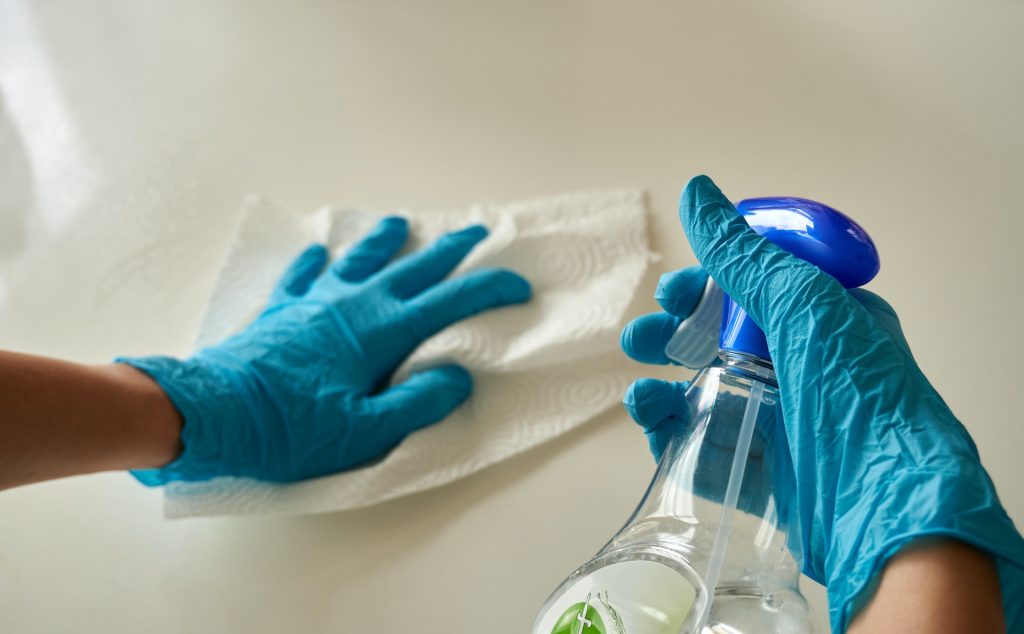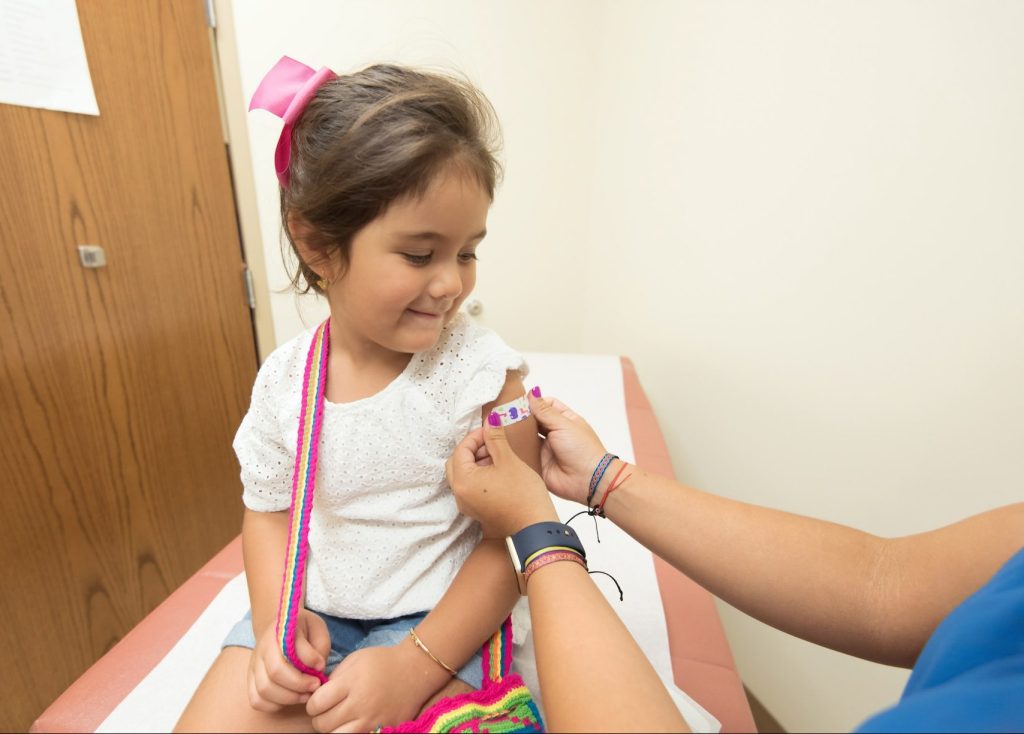Staying in the Hospital
Before the hospital stay
Please list all medications that your treating physicians have prescribed for you on an outpatient basis and that you take regularly. Please ask the admitting doctor whether you should stop taking certain medications, e.g. for blood thinning. Please also note non-prescription medicines on the list.
During the hospital stay
During your stay you will receive your medication from our in-house pharmacy. Due to the wide range of medicines on the market, we cannot keep all of them in stock. It can therefore happen that medicines are exchanged for equivalent medicines in the hospital. We will inform you about this.
After the hospital stay
The discharge letter contains your current drug therapy. Medicines are given in accordance with the statutory provisions of the framework contract for discharge management.



